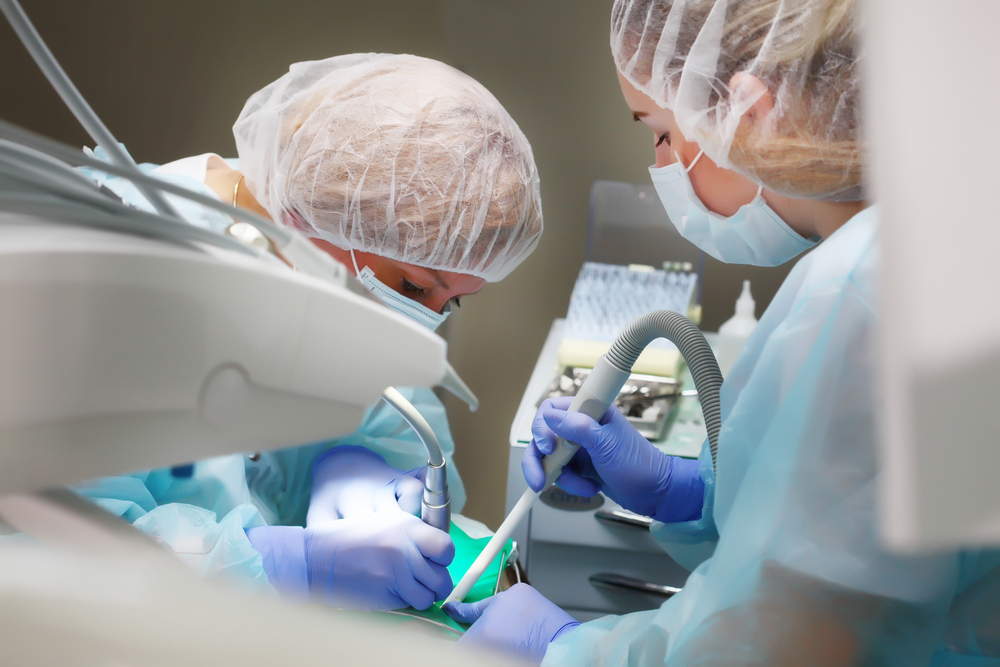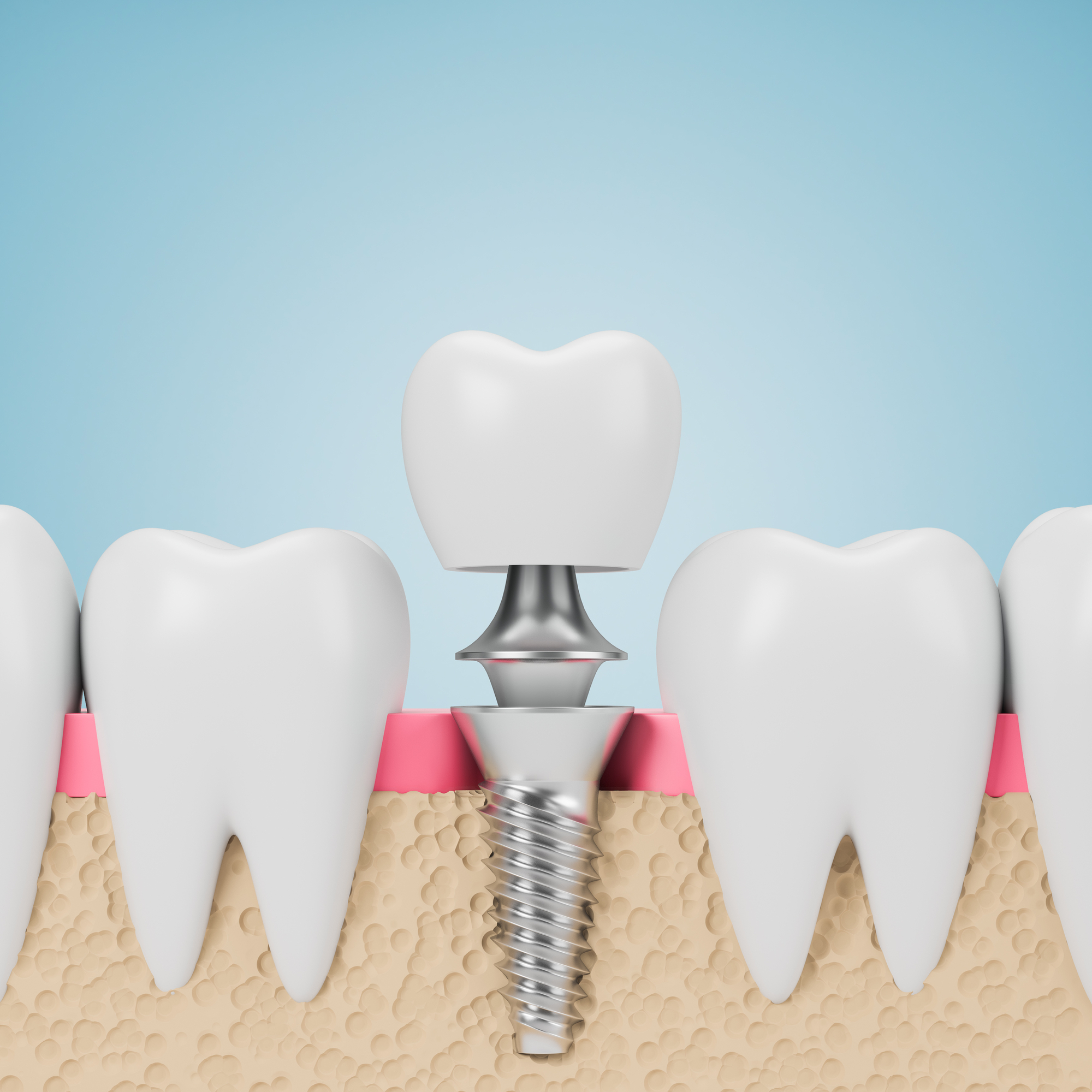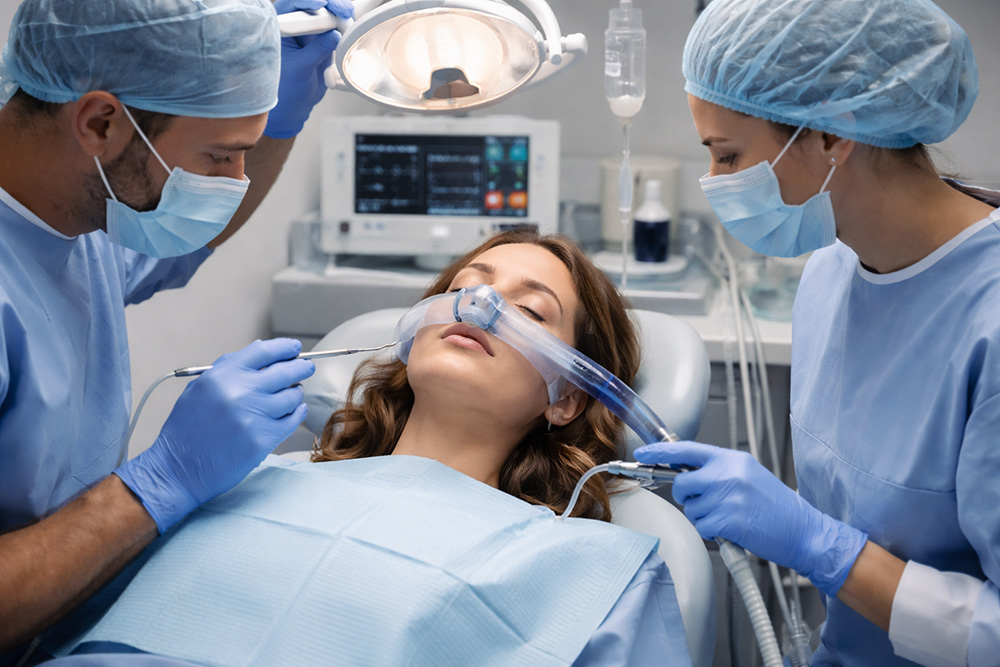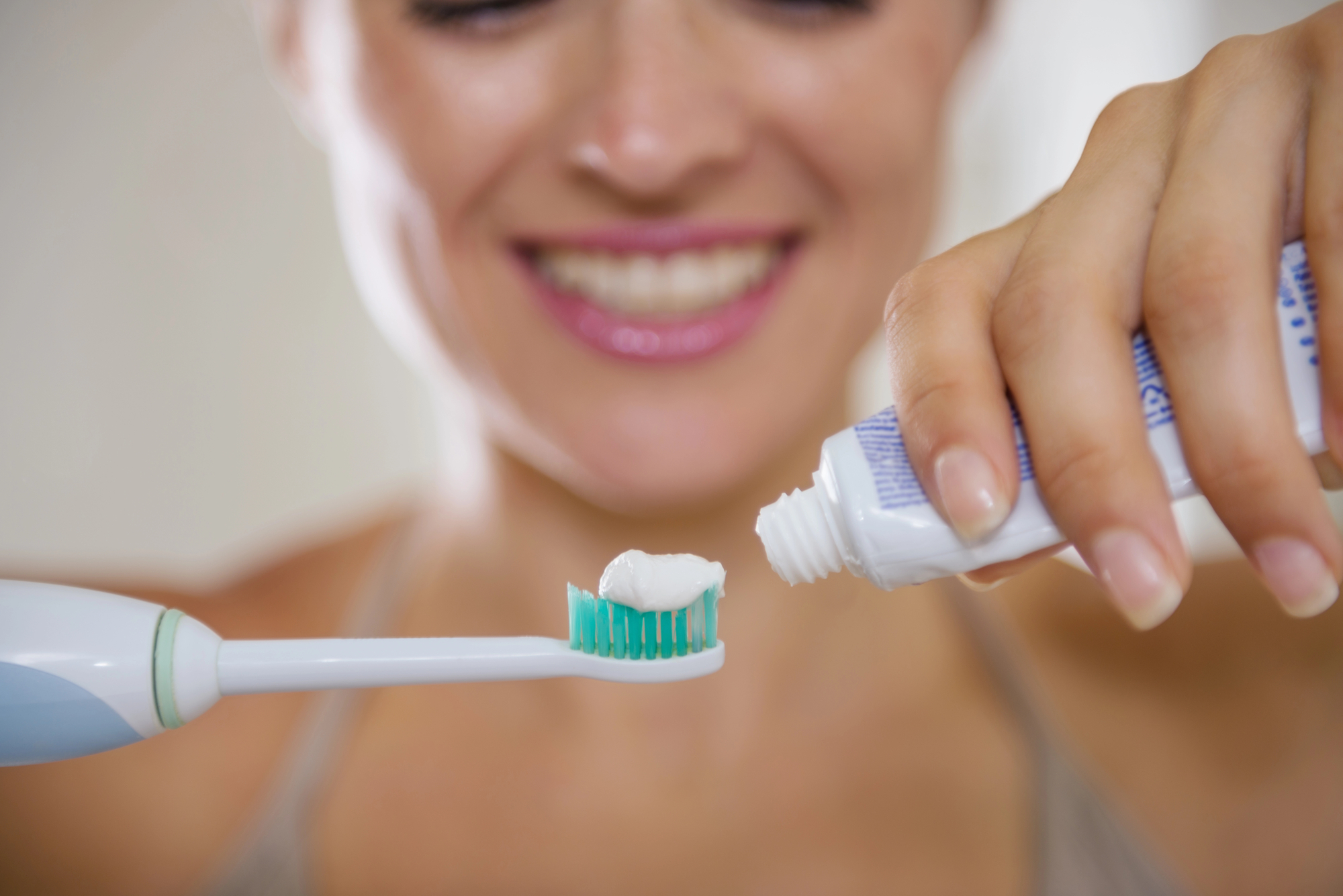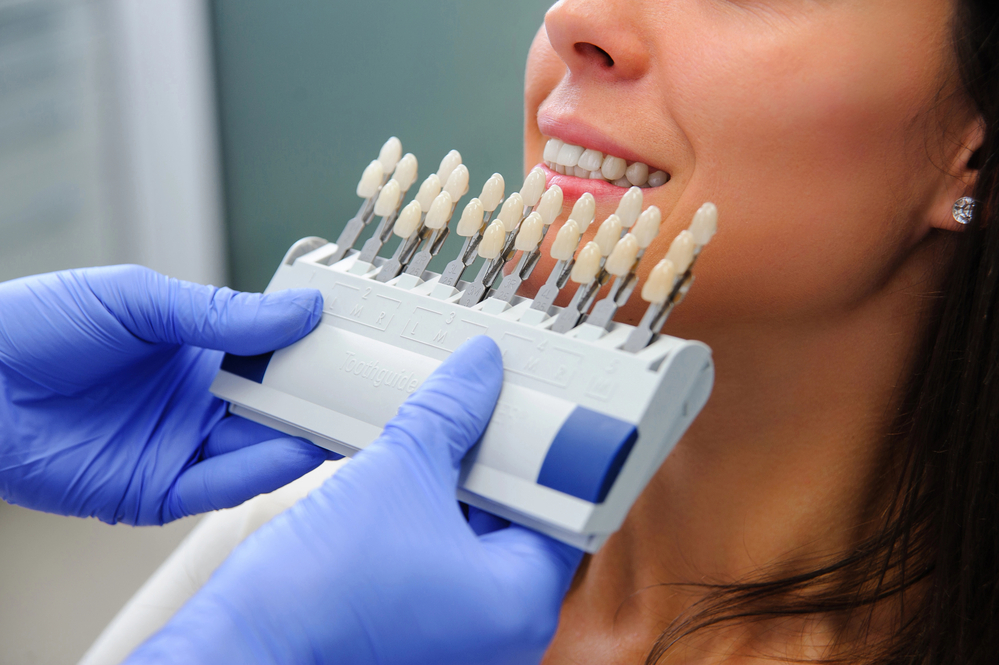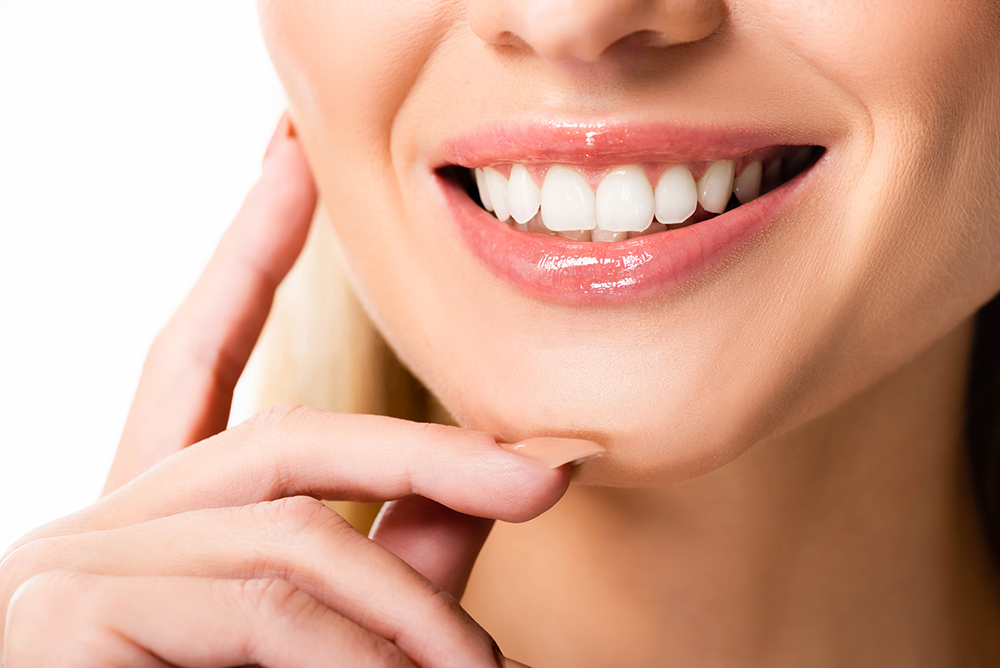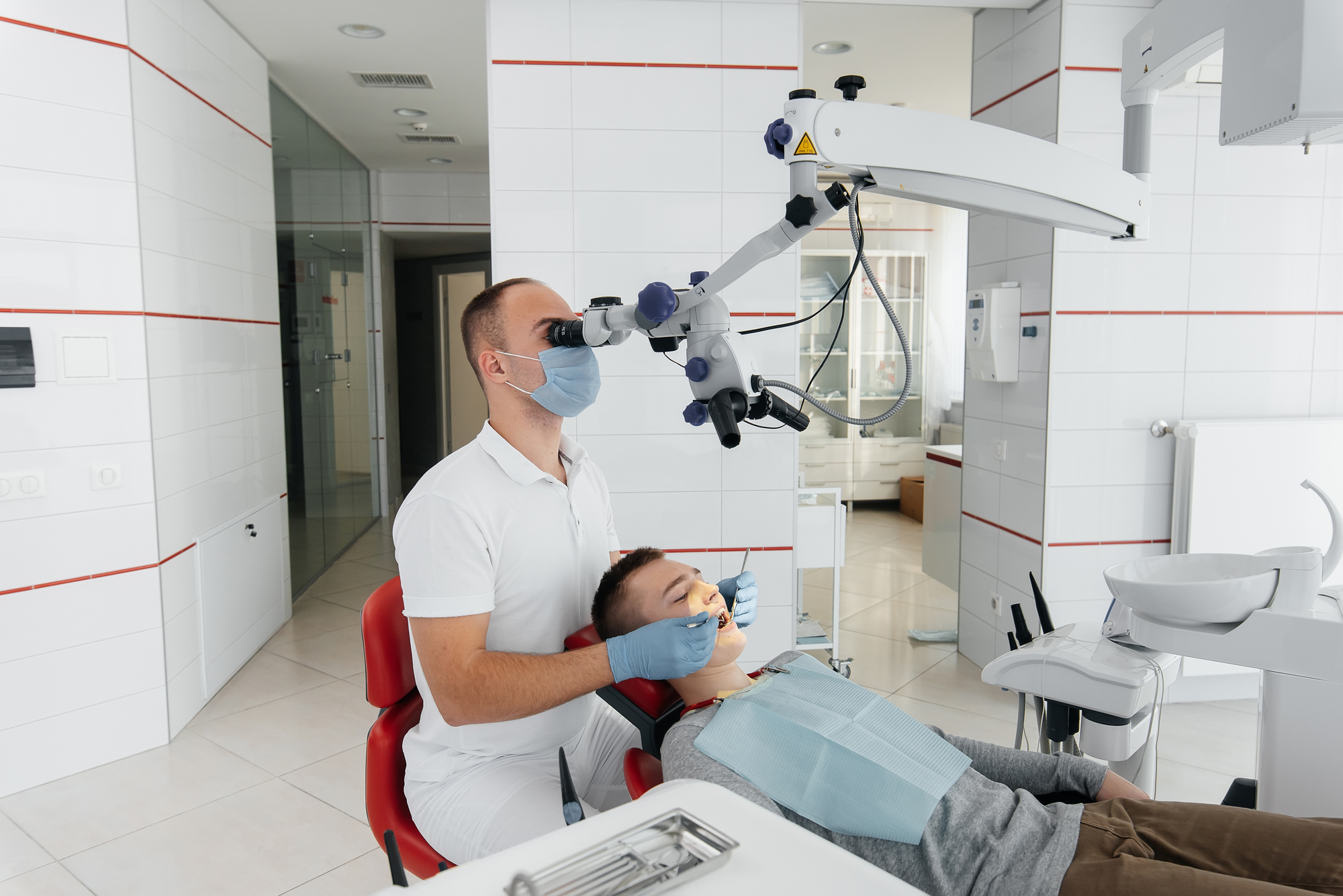Gum disease, also called periodontal disease, is a serious infection of the gums and tissues that support your teeth. It’s caused by a buildup of plaque and tartar on your teeth and gums. Plaque is a sticky film of food debris, bacteria, and saliva. Tartar is hardened plaque that has not been removed. If plaque and tartar are not removed, they can damage the gums and bone that support your teeth. Periodontal disease can lead to tooth loss. Fortunately, gum disease is treatable. However, many of the treatments currently available are too aggressive and kill not only the harmful bacteria but also the beneficial oral microbiome. This can lead to other problems such as bad breath, cavities, and an increased risk of gum disease.
Relationship of the Oral Microbiotia to Periodontal Health and Disease
The human oral microbiome is a complex and diverse ecosystem of microorganisms that play an important role in maintaining oral health. The composition of the oral microbiome is constantly changing in response to changes in diet, hygiene, and other environmental factors. Imbalances in the composition of the oral microbiome can lead to periodontal disease.
Periodontal disease is a bacterial infection of the gums that can destroy the supporting structures of the teeth. Periodontal disease is a leading cause of tooth loss in adults.
The relationship between the oral microbiome and periodontal health is complex. The composition of the oral microbiome affects susceptibility to periodontal disease, and periodontal disease can alter the composition of the oral microbiome. Treatment of periodontal disease must take into account the delicate balance of the oral microbiome to avoid further disrupting this delicate ecosystem and potentially exacerbating periodontal disease.
The History of Oral Microbiology
Since the dawn of time, humans have been using their mouths for various tasks such as eating, drinking, speaking, and breathing. Along with these functions comes the need to keep our mouths clean and free of harmful bacteria. This is where oral microbiology comes in.
Oral microbiology is the study of the microbes that live in our mouths and on our teeth. These microbes are responsible for keeping our mouths healthy and free of disease. Without them, we would be at a higher risk for cavities, gum disease, and other oral health problems.
The history of oral microbiology dates back to the early 1800s when scientists first began to learn about the different types of bacteria that lived in our mouths. In 1892, Dr. William Dental first described the relationship between plaque and tooth decay. He found that plaque was made up of many different types of bacteria, some of which were damaging to teeth.
Over the next few decades, scientists continued to study plaque and its link to tooth decay. In 1921, Dr. Weston Price discovered that certain types of bacteria could actually help protect teeth from decay. This opened up a whole new area of research into the benefits of oral bacteria.
Today, oral microbiologists continue to study the microbes that live in our mouths in order to better understand how they impact our oral health. They are also working on developing new ways to prevent and treat oral diseases such as cavities and gum disease.
Current Understanding of the Oral Microbiome
It is now understood that the oral microbiome is integral to oral and overall health. The human mouth is home to over 700 different species of bacteria, many of which are essential for maintaining a healthy balance in the mouth. imbalances in the oral microbiome have been linked to a number of oral and systemic diseases, including periodontitis, caries (tooth decay), and even cardiovascular disease. So when it comes to healing gum disease with periodontal treatments dentists have to be very holistic and cautious in the treatments and never iver-use chemicals that can kill the “good bacteria” of the oral microbiome.
Current research is focused on understanding how the composition of the oral microbiome affects health and disease. Many studies have shown that changes in the oral microbiome are associated with various diseases, but it is still not clear exactly how these changes cause disease. Some scientists believe that certain bacteria may directly cause disease, while others believe that bacteria may trigger an immune response that leads to disease.
There is still much to learn about the oral microbiome, but current research is providing new insights into how this complex community of microbes affects our health.
Formation of the Dental Plaque Biofilm
The oral microbiome is a complex and dynamic ecosystem consisting of hundreds of different microbial species. The formation of the dental plaque biofilm is a key event in the development of dental caries (tooth decay) and periodontal disease (gum disease).
The dental plaque biofilm is a thin layer of microbes that forms on the surface of the teeth. This biofilm is composed of bacteria, fungi, and other microorganisms. The exact composition of the biofilm depends on many factors, including diet, saliva composition, and oral hygiene habits.
The plaque biofilm plays an important role in the development of both dental caries and periodontal disease. The bacteria in the plaque biofilm produce acids that can damage tooth enamel and lead to cavities. The plaque biofilm also contains enzymes that break down gums and bone, which can lead to gum disease.
While the dental plaque biofilm is an important factor in the development of dental caries and periodontal disease, it is not the only factor. Other important factors include diet, oral hygiene habits, and genetics.
Clinically Healthy Periodontal Tissue/Bacterial Interactions
Clinically healthy periodontal tissue and the bacteria that live in it have a symbiotic relationship. The bacteria help to keep the tissue healthy by preventing other, more harmful bacteria from colonizing it. In return, the tissue provides a home for the bacteria and nutrients that they need to survive.
The key to maintaining this healthy balance is understanding what types of bacteria are present in the mouth and how they interact with each other. Different types of bacteria can have different effects on the health of the oral microbiome. Some bacteria may be necessary for keeping the microbiome healthy, while others may be harmful.
Oral hygiene practices, such as brushing and flossing, can help to remove harmful bacteria from the mouth and reduce the risk of periodontal disease. However, it is important to remember that these practices should not be used to completely sterilize the mouth or kill all of the bacteria present. Doing so could disrupt the delicate balance between different types of bacteria and lead to more serious problems.
Periodontitis/Bacterial Interactions
Periodontitis is a bacterial infection of the gums that can lead to tooth loss. The bacteria that cause periodontitis are able to attach to teeth and form a biofilm, which is difficult to remove. Periodontitis is treated by scaling and root planing, which involves removing the bacteria from the teeth and gums. This procedure kills many of the bacteria, but some may remain. These remaining bacteria can still cause periodontitis, but they are less likely to do so if the oral microbiome is healthy. A healthy oral microbiome contains a variety of different types of bacteria that keep each other in check. When the balance of these bacteria is disturbed, it can lead to problems like periodontitis.
It goes without saying that boosting your oral microbiome is essential for whole body health as ultimately our mouth and gut microbiomes are intrinsically linked in ways scientists are only just beginning to understand.
Protecting The Oral Microbiome: Dentists Must Be Holistic
In recent years, the importance of gut health has become increasingly apparent. The gut microbiome is responsible for a variety of functions, ranging from supporting the immune system to aiding in digestion. But the gut isn’t the only place where microbes play an important role. The mouth is home to its own unique microbiome, and this microbial community plays a key role in oral health.
Dentists must be holistic in their approach to oral care in order to protect the oral microbiome. This means using techniques and products that will not kill off all bacteria, as this can lead to imbalances that can be damaging to oral health. Instead, dentists should focus on maintaining a healthy balance of bacteria in the mouth.
There are a few simple steps that patients can take to help protect their oral microbiome:
-Brush and floss regularly with a gentle touch
-Avoid mouthwashes that contain alcohol or other harsh ingredients
-Eat a balanced diet rich in probiotics
-Limit sugary foods and drinks
We share free information!

